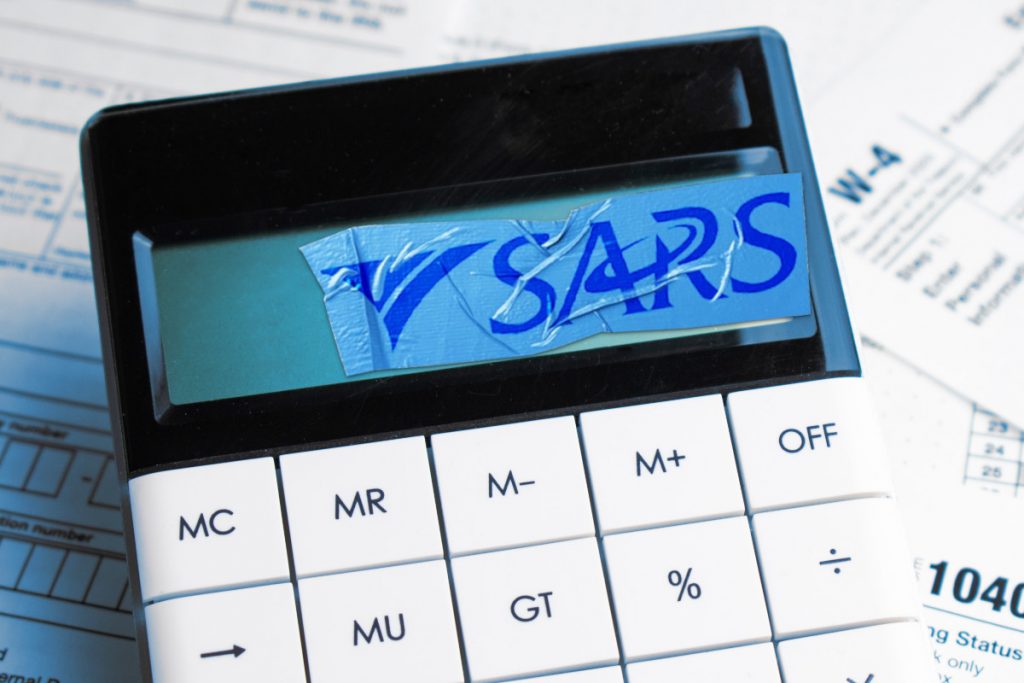SARS is now going after these types of taxpayers

Tax experts say that the South African Revenue Service (SARS) is turning its attention to tax representatives as it tries to clamp down on non-compliance and possible tax dodging by companies and other entities.
SARS is doing so in terms of the Tax Administration Act, which allows it to hold these representatives personally liable for a company’s tax debts. This includes individual taxpayers, employers or vendors.
The taxman is under pressure, with the country looking at a massive budget deficit for the year. While excessive spending by the government is largely to blame for the yawning gap in the budget, lower-than-expected tax collections are exacerbating the problem.
According to Tax Consulting SA, SARS has become increasingly aggressive in its tax collections this year, and now tax representatives need to also tread lightly.
The group said the revenue service has rapidly upskilled its debt management teams to collect from these entities, and notices of personal liability are already being sent out
“Although aggressive with their collections, SARS does, in the Notice of Personal Liability, afford the implicated individual an opportunity to contest their personal liability,” the tax experts said.
“This is, however, not the fire escape it may sound like as proving no personal liability entails what could be construed as an admission on why the taxes were not paid, and what ‘better use’ the funds were put to.”
In discharging the burden of personal liability, certified bank statements must be submitted to SARS across all accounts, which could include those of the representative taxpayer.
In conjunction with this, the last five years’ worth of Annual Financial Statements and Management Accounts must be submitted to SARS, confirming there was no mismanagement of funds, or improper performance of financial duties.
“This is not the end of the Tax Debt road, however, as representative taxpayers have only 10 business days from receipt of the Notice, to put everything together and get it to SARS. The Notice’s dual purpose, is to also act as a Notice of Final Demand, meaning any shortcoming or failure to satisfy SARS, will result in physical collection steps being initiated against the appointed individual,” Tax Consulting said.
Tax Consulting noted that, historically, SARS was known to issue Final Demands and subsequent Demand Reminders, but this is no longer the case.
“With a number of collection measures at its disposal, SARS will not hesitate to act on the 11th business day, gunning primarily for your bank balance; and where this does not meet the full debt obligation, the Sheriff may soon be knocking on your door,” the group warned.
The Notice of Personal Liability is express in its collection powers, noting specifically the most drastic of measures as the immediate go-to where there is no timeous response or the response does not satisfy SARS.
This would include legal action, where SARS will issue a notice to your bank or any other person or entity that may hold funds that are due to you. The revenue service can also sequester your personal estate.
Tax Consulting said that any tax representatives need to ensure that their affairs are in order, and if SARS comes knocking, to take immediate action. The tax experts also recommended that, where tax issues are known, representatives take advantage of being the “first mover” and pre-emptively deal with the matter with SARS.
Read: SARS updates tax payment rules – changes for banks in South Africa




















